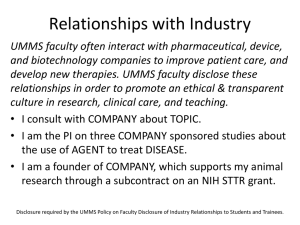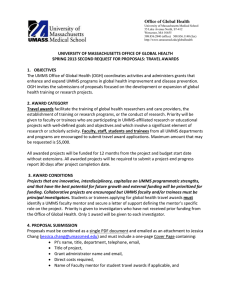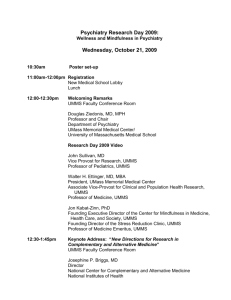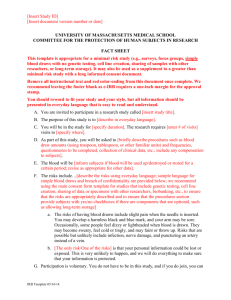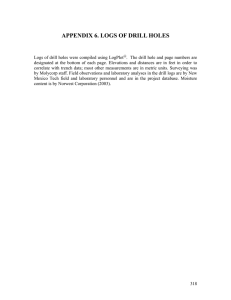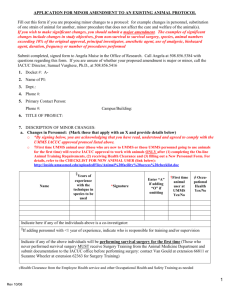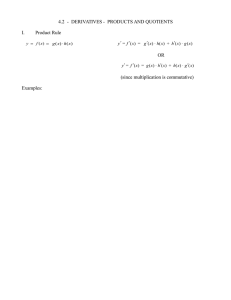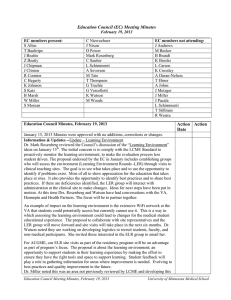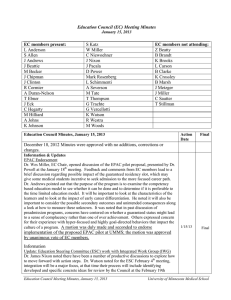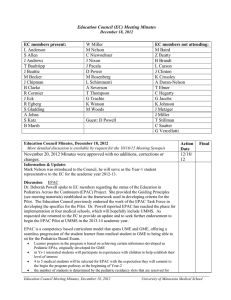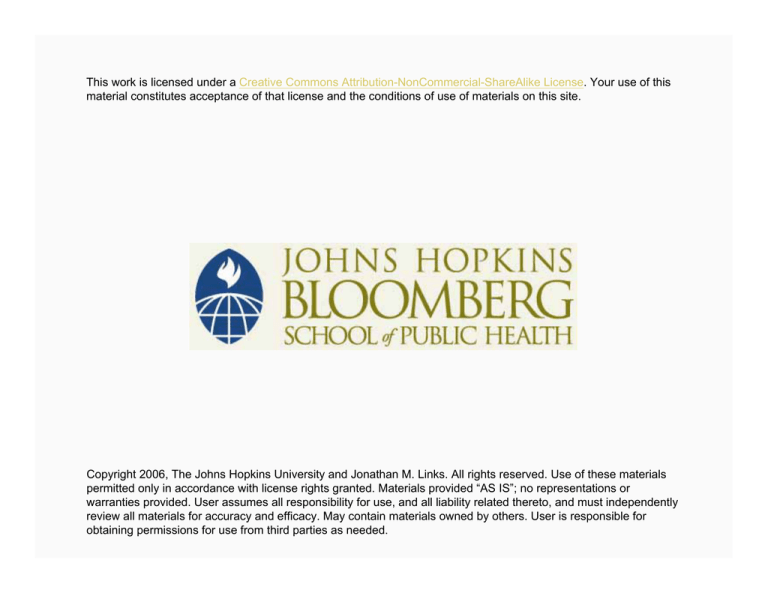
This work is licensed under a Creative Commons Attribution-NonCommercial-ShareAlike License. Your use of this
material constitutes acceptance of that license and the conditions of use of materials on this site.
Copyright 2006, The Johns Hopkins University and Jonathan M. Links. All rights reserved. Use of these materials
permitted only in accordance with license rights granted. Materials provided “AS IS”; no representations or
warranties provided. User assumes all responsibility for use, and all liability related thereto, and must independently
review all materials for accuracy and efficacy. May contain materials owned by others. User is responsible for
obtaining permissions for use from third parties as needed.
University of Maryland
Medical System
(UMMS) Drill #1
Section 2 of 2
UMMS Drill #1-1
One week ago, at 9:30 AM, the transport courier left
EHS office on foot to deliver Ir-192 to Radiation
Oncology
As he walked alongside Shock Trauma, he was
assaulted by a thin, bearded man who snatched the
shielded container and escaped
UMMS Drill #1-2
Today, a campus radiation sensor is triggered
What do you do?
What to Do
“Someone” needs to investigate the location by the
radiation monitor
Campus security? campus radiation safety officer
(RSO)? city personnel (Fire, Police)?
UMMS Campus Layout
UMMS Drill #1-3
UMMS RSO reads 5 rem/hour @ 1 m from the package
at the loading dock
What do you do?
What to Do
UMMS must immediately alert the City (Fire, Police,
Health)
The City will then establish Incident Command
Ultimately, the City, not UMMS, has authority
UMMS Drill #1-4
RSO establishes a 40 m perimeter (2 mrem/hr)
A failed detonation occurs
What do you do?
What to Do
By now, the city Bomb Squad should be dealing with
the device
They will clear a 300-foot radius because of the bomb
threat (independent of radioactivity and radiation
dose levels)
UMMS Drill #1-5
300-foot evacuation radius
No change in dose rate from package
Assessment and attempted separation of explosive
from radioactivity
Some Things to Consider
One week ago, Ir-192 stolen
Tendency to focus on potential “red herring”
No evidence to support the Ir-192 as source of
radioactivity
Don’t jump to conclusions!
General Approach to Terror Preparedness and Response
1. Crisis management
− Causes of a terrorist event
− Law enforcement function
2. Consequence management
− Effects of a terrorist event
− PH, safety, environmental functions
Differentiating Crisis and Consequence Management
Crisis management is the short-term or acute phase
of response to an event
Consequence management is the long-term
remediation of the effects of the event
Generic Steps
First responder activities
Evacuate/secure area
Activate emergency ops
Do confirmatory testing
Monitor health (short-term)
Start (long-term) surveillance and sampling
Establish information “focus”
Establish response teams
Complicating Factors
Law enforcement interests
Public health and safety
Mass casualties
Damage to infrastructure
Psychosocial impacts
Environmental concerns
Importance of Risk Communication
Centralized focal point—Primary Information Officer
(PIO)
Message characteristics
− Authority
− Disclosure
− Safety/risk
− Sympathy/compassion
− Protecting yourself
− Timeline
Conclusion
Develop and run practice drills
Work together as a team
Think broadly about who will be involved
Drill, drill, drill!
Copyright 2005, The Johns Hopkins University and Jonathan M. Links. All rights reserved. Use of these materials permitted
only in accordance with license rights granted. Materials provided “AS IS”; no representations or warranties provided. User
assumes all responsibility for use, and all liability related thereto, and must independently review all materials for accuracy
and efficacy. May contain materials owned by others. User is responsible for obtaining permissions for use from third
parties as needed.

